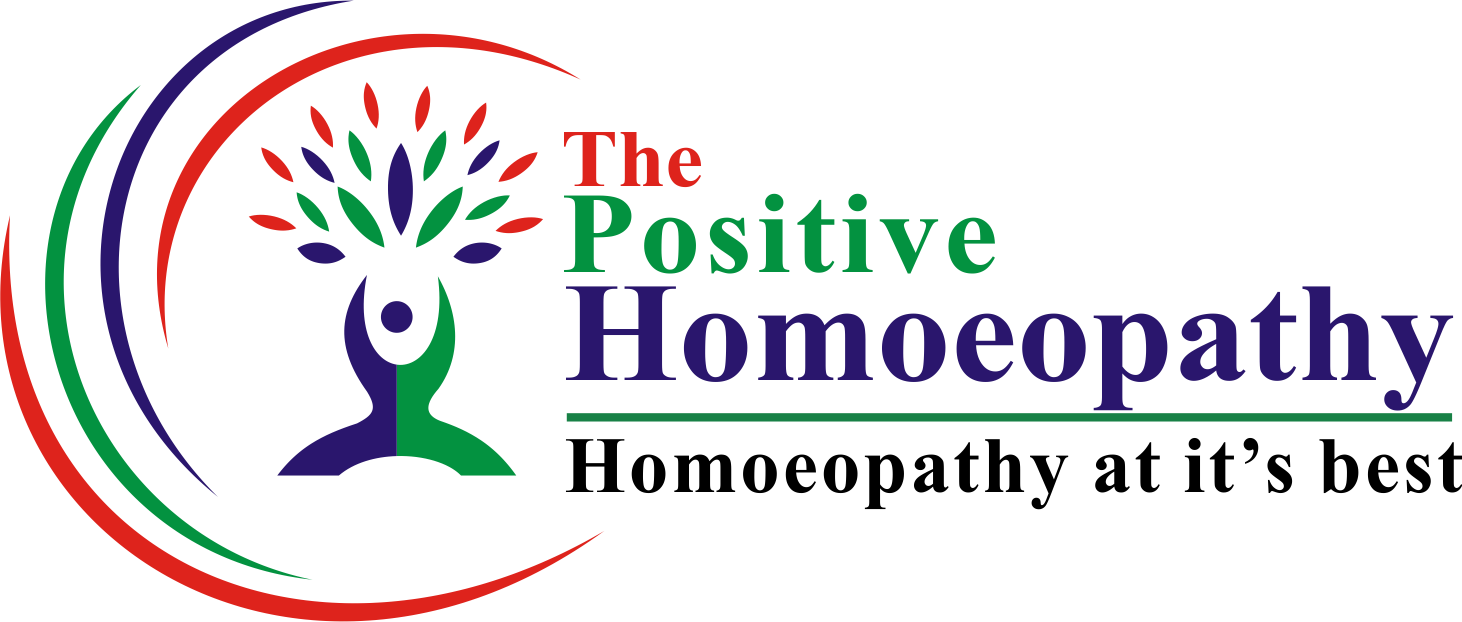Breast cancer, one of the most prevalent forms of cancer among women worldwide, commands attention as a significant health concern. This disease originates in the cells of the breast, primarily in the ducts or lobules, and can spread to surrounding tissues or distant organs if left untreated. Its impact is profound, affecting not only physical health but also emotional well-being and quality of life.
The journey of breast cancer often begins with subtle signs or symptoms, such as a lump or mass in the breast, changes in breast size or shape, nipple discharge, or skin changes on the breast. However, not all breast changes indicate cancer, and many benign conditions can mimic the symptoms of malignancy. Nonetheless, early detection remains crucial, as it significantly improves treatment outcomes and survival rates.
Various factors contribute to the development of breast cancer, including genetic predisposition, hormonal influences, lifestyle choices, and environmental exposures. While some risk factors, such as family history and inherited genetic mutations (such as BRCA1 and BRCA2), are beyond an individual’s control, others, such as maintaining a healthy weight, limiting alcohol consumption, and avoiding tobacco use, can be modified to reduce risk.
Screening mammography plays a central role in the early detection of breast cancer, allowing for the identification of abnormalities before they become clinically apparent. Regular screening recommendations vary by age, risk factors, and individual preferences, with guidelines typically recommending mammograms starting at age 40 or earlier for high-risk individuals.
Once diagnosed, the management of breast cancer involves a multidisciplinary approach tailored to the specific characteristics of the tumor, including its size, stage, grade, hormone receptor status, and HER2/neu expression. Treatment options may include surgery (such as lumpectomy or mastectomy), radiation therapy, chemotherapy, hormonal therapy, targeted therapy, or a combination thereof, depending on the individual’s unique circumstances.
Despite significant advancements in breast cancer treatment and research, challenges persist, including access to care, disparities in outcomes among different demographic groups, and the emotional toll of diagnosis and treatment. Efforts to improve awareness, expand access to screening and treatment, and support research into novel therapies and prevention strategies are essential in the ongoing fight against breast cancer, with the ultimate goal of reducing its impact on women’s health worldwide.
For More: Book An Appointment Today




